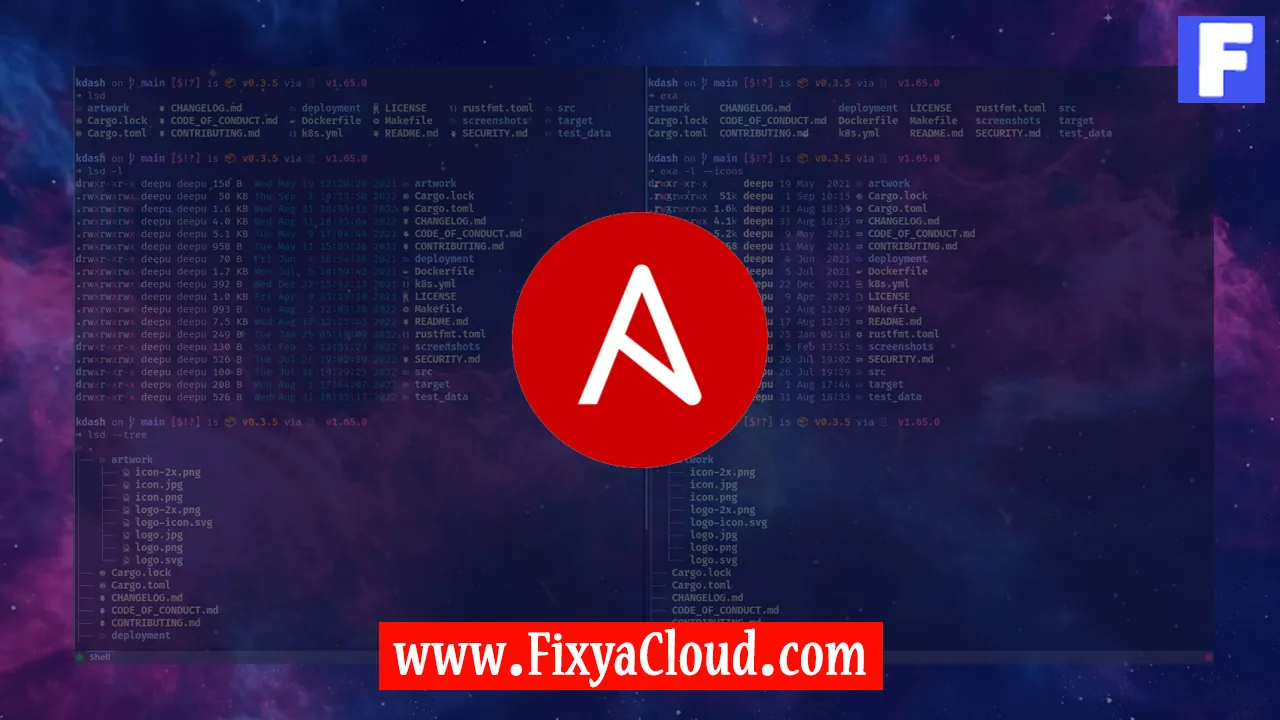Streamline DevOps with Ansible and Jenkins

In today's fast-paced world of software development, the need for efficient and streamlined DevOps processes is more critical than ever. DevOps practices aim to bridge the gap between development and operations teams, ensuring a smooth and collaborative workflow. Two powerful tools that play a pivotal role in achieving this synergy are Ansible and Jenkins. In this article, we will explore how these tools can be integrated to streamline your DevOps pipeline and enhance the efficiency of your software delivery.
- Setting the Foundation: Installing Ansible and Jenkins
To begin streamlining your DevOps processes with Ansible and Jenkins, the first step is to ensure both tools are properly installed. Use the following commands to install Ansible and Jenkins on your server:
# Install Ansible
sudo apt-get update
sudo apt-get install ansible
# Install Jenkins
sudo apt-get install openjdk-11-jdk
wget -q -O - https://pkg.jenkins.io/debian-stable/jenkins.io.key | sudo apt-key add -
sudo sh -c 'echo deb http://pkg.jenkins.io/debian-stable binary/ > /etc/apt/sources.list.d/jenkins.list'
sudo apt-get update
sudo apt-get install jenkins
- Ansible Configuration:
Ansible relies on a configuration file namedansible.cfg. Customize this file to suit your environment and specify essential parameters such as inventory location and remote user. Here's a basic example:
# ansible.cfg
[defaults]
inventory = /path/to/your/inventory
remote_user = your_remote_user
- Creating Ansible Playbooks:
Ansible playbooks define the tasks to be executed on remote servers. Create a playbook to automate tasks like deploying applications, configuring servers, and more. Save the playbook in a YAML file, e.g.,deploy_app.yml:
# deploy_app.yml
---
- hosts: your_target_servers
tasks:
- name: Copy application files
copy:
src: /path/to/local/files
dest: /remote/destination
- name: Restart the application
systemd:
name: your_application_name
state: restarted
Integrating Ansible with Jenkins:
Jenkins allows you to automate the execution of Ansible playbooks. Install the "Ansible" plugin in Jenkins and configure it with the path to your Ansible playbook. Create a new Jenkins job, and in the build steps, add an "Invoke Ansible Playbook" build step. Specify the playbook path and any additional parameters.Jenkins Pipeline for Continuous Integration/Continuous Deployment (CI/CD):
Leverage Jenkins pipeline to define your CI/CD workflows. Create aJenkinsfilein your project repository:
pipeline {
agent any
stages {
stage('Checkout') {
steps {
// Checkout your source code from version control
checkout scm
}
}
stage('Build') {
steps {
// Build your application
sh 'mvn clean install'
}
}
stage('Deploy') {
steps {
// Invoke Ansible playbook for deployment
ansiblePlaybook(playbook: 'path/to/your/deploy_app.yml')
}
}
}
}
More Examples:
- Dynamic Inventories: Use dynamic inventories in Ansible to automatically discover and manage your infrastructure.
# ansible.cfg
[defaults]
inventory = /path/to/dynamic/inventory
- Parameterized Jenkins Job: Create parameterized Jenkins jobs to promote reusability and flexibility.
Step by step instructions and more examples can be found in the official documentation of Ansible and Jenkins.
Related Searches and Questions asked:
That's it for this topic, Hope this article is useful. Thanks for Visiting us.
